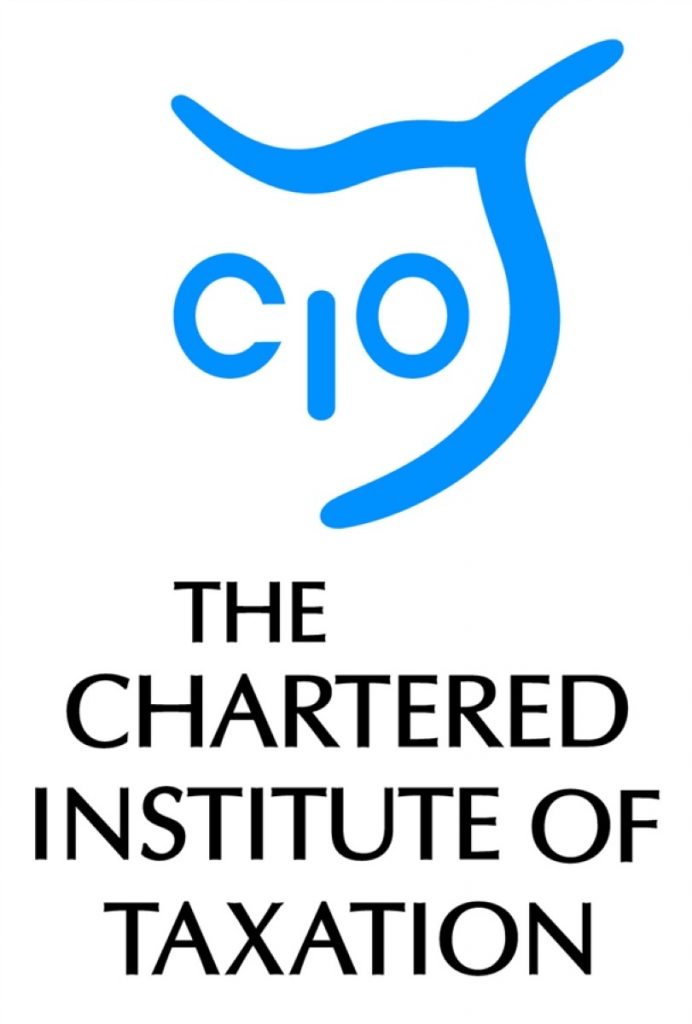CIOT: Tax experts warn on dangers of HMRC being asked to do too much
The Low Incomes Tax Reform Group (LITRG) is warning the Government that there could be ‘grave consequences’ if problems with the PAYE system are not dealt with before a new system, planned for 2013, is introduced.
This follows the publication last week by the National Audit Office of its report on the 2010-11 accounts of HMRC, which notes that ‘stabilisation’ of PAYE will not be fully complete until 2013.
LITRG Chairman John Andrews explained:
“Individual taxpayers are entitled to rely on HMRC to process their records accurately and on time. HMRC’s failure to clear past years’ debts and repayments promptly through the PAYE system has led to hardship for significant numbers of people and has badly dented public confidence in the department.
“HMRC are now working hard to do two things; to stabilise the existing PAYE system and to introduce (in 2013) a new way of employers providing data to HMRC on a monthly basis, the so-called ‘real-time information’ project.
“The new system will be relied upon to determine not only an employee’s tax liability but also their universal credit entitlement. It will be essential for all old disputes and PAYE data problems to be out of the way by the time real-time information comes on stream. Any unresolved problems could have grave consequences for the unrepresented on low incomes and make the universal credit delivery fraught with difficulty.
“The NAO’s warning, that increasing the volume of in-year taxpayer records while reducing departmental staff could adversely affect the accuracy of PAYE codes, is a salutary one. Furthermore, more frequent PAYE data collections could place yet greater burdens on employers – especially small and micro-businesses unused to dealing with HMRC online.
”The anticipated ‘win-win’ situation coming from these two major initiatives could easily turn into a ‘lose-lose’ unless the existing PAYE system is working very smoothly before the radical change of real time information is introduced.”
Notes to editors
PAYE (Pay-As-You-Earn) is the system under which most employed people have income tax and national insurance paid directly to HMRC by their employer through the year.
2. The National Audit Office report on HMRC’s 2010-11 accounts can be viewed at http://www.nao.org.uk/publications/1012/hmrc_accounts_2010-11.aspx
3. The Low Incomes Tax Reform Group (LITRG) is an initiative of the Chartered Institute of Taxation (CIOT) to give a voice to the unrepresented. Since 1998 LITRG has been working to improve the policy and processes of the tax, tax credits and associated welfare systems for the benefit of those on low incomes.
4. The CIOT is a charity and the leading professional body in the United Kingdom concerned solely with taxation. The CIOT’s primary purpose is to promote education and study of the administration and practice of taxation. One of the key aims is to achieve a better, more efficient, tax system for all affected by it – taxpayers, advisers and the authorities. The CIOT’s more than 15,000 members have the practising title of ‘Chartered Tax Adviser’ and the designatory letters ‘CTA’.
– ENDS –
George Crozier
External Relations Manager
D: +44 (0)20 7340 0569
M: +44 (0)7740 477374
The Chartered Institute of Taxation
Registered charity number 1037771
www.tax.org.uk
Low Incomes Tax Reform Group
www.litrg.org.uk
The Association of Taxation Technicians
Registered charity number 803480
Registered company number 2418331
VAT Registration Number 497 5390 90
www.att.org.uk





-01.png)